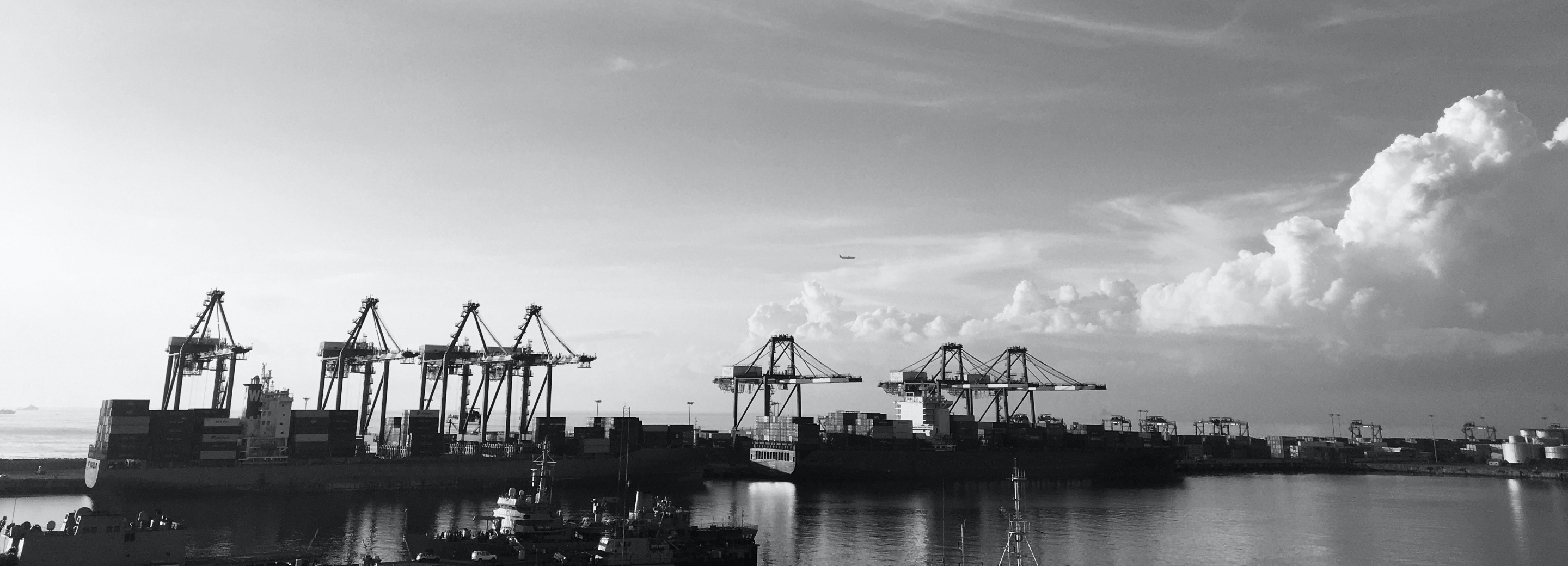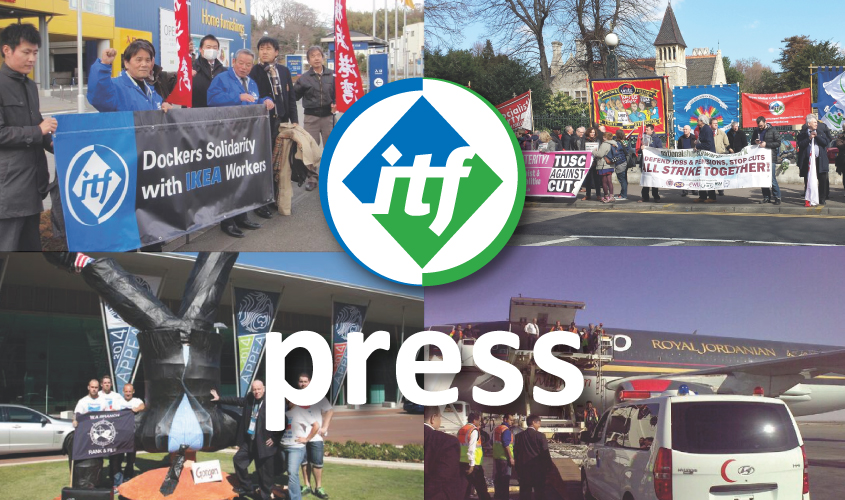
ITF seafarers’ section secretary Jon Whitlow addressed the meeting’s audience of TTIP negotiators.
He told them: The ITF welcomes the opportunity to state our position on behalf of our affiliates regarding the labour and maritime transport issues under discussion in TTIP and trade agreements in general. Trade agreements should be an opportunity to improve workers’ rights and have as a primary objective the facilitation of full employment and decent working conditions for the workers of the contracting parties. Therefore, we believe that TTIP should include a strong, legally binding labour chapter, with recognition of ILO global labour standards as minimum standards and EU and US standards on social and labour rights and should exclude transport from the scope of the negotiations
The international maritime transport market, particularly in the US/EU trade, where the European Union has banned liner carrier conference and pricing agreements, is open, liberal and extremely competitive. Recent overcapacity, consolidation and downward freight rate trends confirm that.
Despite this, and despite the clear success and valid economic and security reasons for national domestic maritime policies – including cabotage – the European Commission continues to insist on including maritime transport services in TTIP without providing any evidence that such inclusion would benefit either side or consideration of the detrimental impact it would have on national fleet development and employment of national seafarers in the EU and US.
The maritime provisions in the EU services proposal continue to seek access for EU vessels to certain US cabotage markets, including for EU second register vessels which employ mostly non-EU seafarers; and to restrict any measures that would enable the United States to strengthen its remaining international flag fleet and related jobs. While the United States continues to defend its domestic cabotage and small US-flag international presence (fewer than 80 US-flag ships) for national security purposes, the EU continues to promote member state aid for their fleets, including their second registers. And they seek access to the US domestic markets for those ships and non-EU seafarers as they did in the CETA (Comprehensive Economic and Trade Agreement) agreement. This is unacceptable.
Lastly, we need to clear up some misconceptions about the competitive environment in the maritime trade between the European Union and the United States.
All ships in the trade, including the small number of US-flag ships and the many EU ships of all flags, have unrestricted access to all commercial cargoes, access to the limited available US domestic feeder services and to all road and rail connections throughout the United States on an equal and non-discriminatory basis.
The small number of US-flag ships in the US/EU international trade have no Jones Act coastwise privileges or any regulatory advantage over the EU-owned and operated ships. In fact, many of those EU ships regularly seek their own advantage by operating under low-cost, non-national flags including flags of convenience. A recent study by the UN Conference on Trade and Development indicates that the EU currently has 16,472 ships under EU beneficial ownership and the majority of those vessels are not registered in EU member states. This has major implications for the retention of a maritime skills base in the EU which is essential for the EU maritime cluster to be able to function effectively.
US-flag ships carry approximately two percent of the commercial cargoes in the US-EU trade. EU owned and operated ships of all flags carry the majority of the trade. And all of the US-flag ships in the trade are owned and operated by subsidiaries of EU companies.
Jon Whitlow concluded: There is no reason for either side in TTIP to seek access to the other’s domestic cabotage regimes or to restrict measures by either party to grow their national first registers and national seafaring jobs. And therefore, since access to the international maritime trades on both sides of the Atlantic is already open, there is no reason for the European Commission to continue to call for a maritime services chapter in TTIP.
ITF president Paddy Crumlin commented: “The ITF and its unions are committed to defending cabotage, which is in operation in 47 countries. We are on record as pointing out that failing to protect cabotage undermines sovereignty and has national security implications. It also has serious economic implications for maritime regions and communities.”
